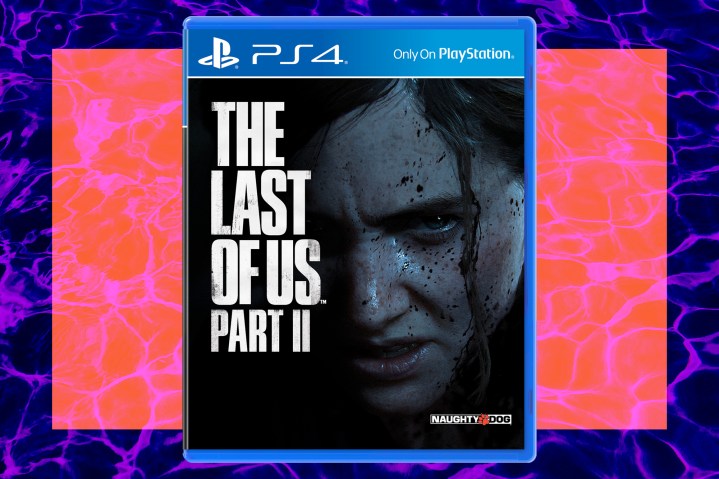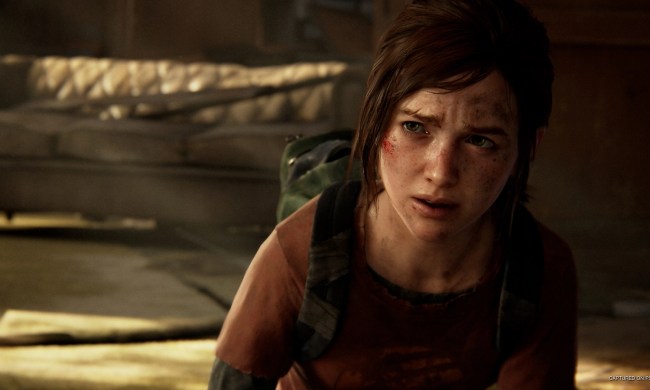
After some extensive, deliberate, and difficult debates, the Digital Trends Gaming team has reached a consensus: The Last of Us Part II is our favorite game of the year.
The recurring theme among our top nominees this year was communication. In 2020, video games weren’t just a solitary hobby that helped players unwind after a long day of work. They played a key role in filling social gaps that faded away when the COVID-19 pandemic sent the world into lockdown. The year’s most memorable games connected the people who played them in some way, creating wider conversations between disparate players, for better or worse.
Animal Crossing: New Horizons gave friends a place to come together when they needed it to most. Hades became the talk of digital watercoolers as fans couldn’t help but share their love of the indie hit with one another. Fall Guys: Ultimate Knockout’s success was bolstered by the game’s large social presence, which built a community around humor and transparency.

And then there’s The Last of Us Part II. Even before the game released in June, it was a conversation starter due to some unfortunate early leaks. Those spoilers created tension among fans of the original, which continued to rise well past the game’s launch. Naughty Dog’s third-person action-adventure game quickly became the year’s most talked about and most polarizing release. Some more scholarly takes fairly criticized the game’s bleakness. Other arguments were made in much worse faith, manifesting in ugly ways that highlighted humanity’s worst tendencies.
“Much has been written about the game’s darkness, but less has been said about the hope it offers for escaping it.”
In an ironic way, the relentless harassment launched toward the game’s creators and actors only served to strengthen its point. The Last of Us Part II is a game about ceaseless cruelty and finding a way to break free from it. Throughout the story, the game’s main characters, Ellie and Abbey, will stop at nothing to destroy one another. They engage in an “eye for an eye” cycle of violence, killing everyone they come across in their respective quests for revenge. The cruelty becomes a poison that only serves to destroy everyone around them, while bringing hollow personal satisfaction.
Much has been written about the game’s darkness, but less has been said about the hope it offers for escaping it. Through all the blood, tears, and murder, The Last of Us Part II paints a path forward, or at least implies that one is possible. Moments of lightness shine through the pitch black story, with characters finding genuine human connection in a setting where that feels impossible. It’s the characters who choose to nurture their relationships instead of destroying everyone else’s eho stand a chance at finding a better future.

It’s a purposefully uncomfortable experience, and it’s hard to blame the detractors of its hyperviolence for finding it heavy-handed. But even beyond its weighty themes, The Last of Us Part II is still an undeniable marvel. Its world is gorgeously detailed, stealth and combat are both an improvement over its predecessor, and the storytelling erases the line between movies and games as a narrative medium.
Perhaps the biggest sign of The Last of Us Part II’s success is that few of the critical takes raised against it are actually about its technical prowess. The fact that it’s so polished that players can move past the ticky-tack gameplay dissection and get on to how effectively it lays out its thesis speaks volumes to its indispensable role in moving games forward as a vessel for storytelling.



